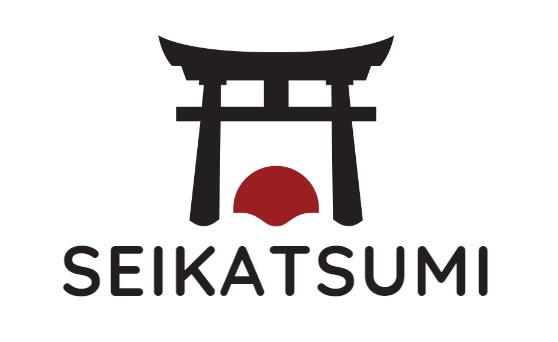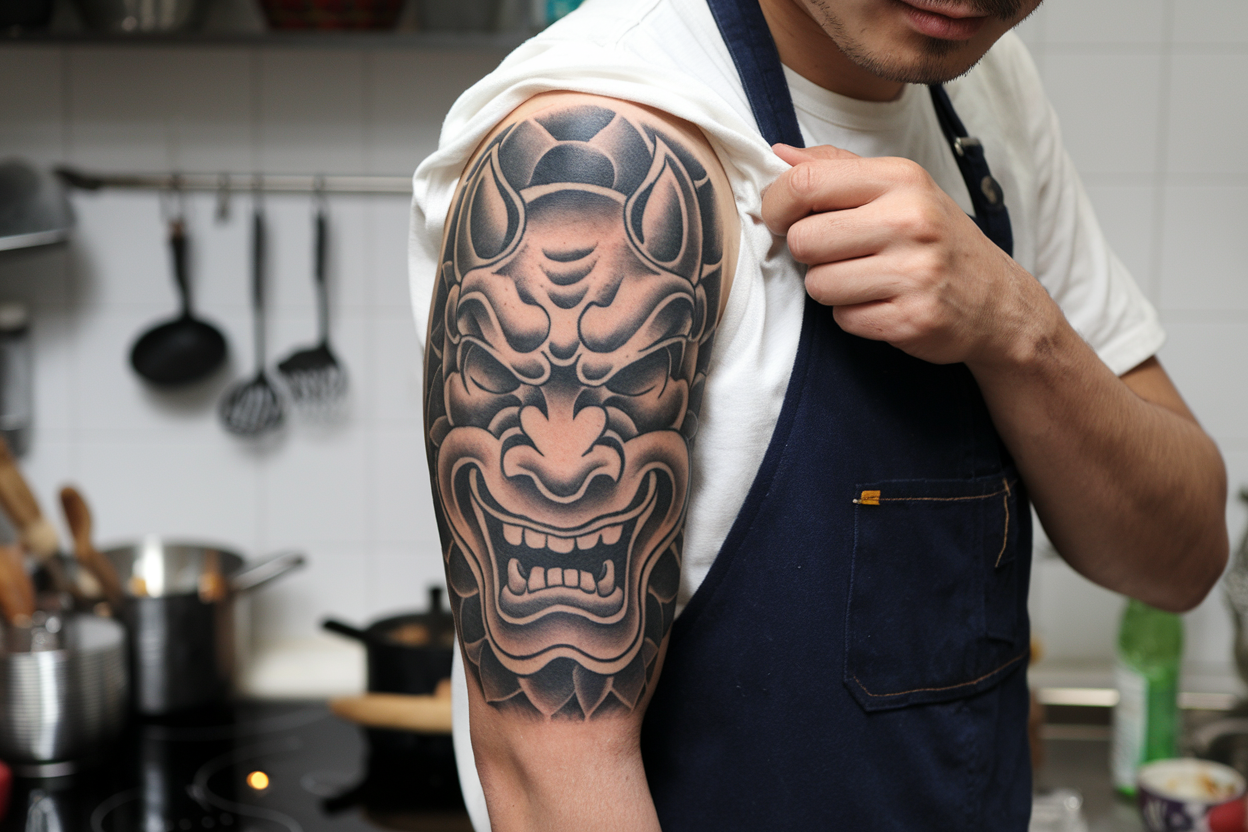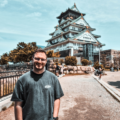I’m captivated by Japanese tattoos, particularly the profound symbolism of Japanese Skull & Oni Mask Tattoos. These aren’t just tattoos; they’re stories of life, death, and heritage, deeply rooted in the Irezumi tradition!
While skull tattoos remind us of life’s ephemerality, Oni masks symbolize protection and strength, combining to express a profound narrative of living boldly and with purpose.
Each design is a deeply personal emblem of one’s journey and aspirations, a vivid celebration of the rich tapestry of Japanese culture and spirituality.
Come with me into the world of Japanese Skull & Oni Mask Tattoos! In this article, we’ll show you examples of the 20+ best tattoos!
The Symbolism and History of Japanese Skull & Oni Mask Tattoos
In Japanese culture, skulls carry profound symbolism, embodying concepts of change, reverence for the deceased, and the transient nature of existence or “mujō.” This theme of impermanence permeates various Japanese arts, notably in the realm of tattooing.
From my research, it’s clear that during the Edo period, the practice of Irezumi, or traditional Japanese tattooing, began to flourish, incorporating skull motifs. Originally, these tattoos varied in significance, ranging from marks of status and courage within the yakuza to personal symbols of expression.
Over time, the perception of skull tattoos has shifted dramatically. Once seen as taboo, they are now celebrated as artistic expressions, interwoven with historical and cultural significance.
As highlighted by sources like Tattmag, these intricate designs have been evolving since the 1600s, reflecting the deep, ever-changing relationship between Japanese art and symbolism.
Our 15+ Best Japanese Skull & Oni Mask Tattoos Examples:






Hey you! Are you interested in more Japanese tattoos? Then you have to take a look at the following articles: You definitely can’t miss it!
The Best Japanese Half Sleeve Tattoos
Symbolism and Meanings
Japanese Skull & Oni Mask Tattoos captivate me as they transcend mere artistry to embody rich symbolism and spiritual significance. They provide a unique window into Japan’s deep cultural heritage and history, serving not just as body art but as talismans with profound meanings.
Life and Death in Japanese Culture
Within Japanese Skull & Oni Mask Tattoos culture, skulls signify more than death; they are poignant emblems of life’s fleeting nature, resonating with the memento mori philosophy to appreciate every moment.
As outlined in texts like “Decoding Skull Tattoos: The Secret Meanings Behind the Ink,” the Japanese skull vividly embodies the transient quality of existence, encouraging a full and mindful approach to life.
Skull Tattoos as Symbols of Valor and Resilience

In my perspective, Japanese Skull & Oni Mask Tattoos often represent valor and resilience. Individuals frequently select these designs to reflect their triumph over adversities, embodying their enduring strength and courage.
Accompanied by motifs such as snakes, as highlighted in various resources on Japanese skull tattoos, these designs further convey a sense of safeguarding and auspiciousness, marking the wearer’s journey through challenges with fortitude and hope.
Resistance and Transformation

In my view, the skull element in Japanese tattoo art often embodies resistance or a longing for transformation.
It signifies a departure from conventional norms or a challenge to existing structures. These tattoos blend elegance with ephemerality, reflecting a drive for innovation and self-renewal.
Their intricate designs suggest a move away from traditional beauty standards, symbolizing an individual’s journey of change or growth.
Styles and Variations

Japanese Skull & Oni Mask Tattoos offer a fascinating array of styles that embody both the rich history and the evolving tastes within the art of tattooing.
Traditional Depictions: Oni Masks and Hannya
I find that traditional Japanese skull tattoos often incorporate elements like Oni masks and Hannya masks.
These symbols have deep roots in Japanese folklore, where Oni refers to a kind of demon or ogre and is often shown with menacing horned creatures.
As for the Hannya, it represents a jealous female demon, characterized by two sharp horns, glaring eyes, and a mouth wide open. These depictions in tattoos are believed to ward off bad spirits and symbolize protection.
Modern Expressions: Realistic and Stylized Japanese Skull & Oni Mask Tattoos
In the realm of modern tattoo art, artists are diversifying their approach to not only Japanese skull tattoos but also Oni mask tattoos, navigating between hyper-realistic and highly stylized interpretations. Realistic tattoos capture lifelike details with meticulous shading and light on skulls and the fierce, intricate details of Oni masks.
Meanwhile, stylized tattoos might simplify or amplify the imagery, incorporating bold, bright colors and dramatic forms. This approach can be seen in the streamlined shapes of skulls or the exaggerated, vibrant features of Oni masks, often paired with dynamic elements like flames or floral patterns, making the designs stand out with a unique, modern flair.
My Favorite Japanese Skull & Oni Mask Tattoos!

Personally, I find the artistic fusion of a Samurai figure wearing an Oni mask that subtly conceals a skeletal face, all while brandishing a sword, to be the most compelling design.
This combination not only embodies the fearless spirit and warrior ethos of the Samurai but also incorporates the mystical and protective symbolism of the Oni mask, with the underlying skull adding a layer of profound depth about life and death.
The sword in hand enhances the dynamic of power and courage. This powerful imagery creates a captivating narrative of strength, honor, and the complex interplay of visible and hidden identities.
Frequently Asked Questions
What do Japanese Skull & Oni Mask Tattoos represent?
They represent life’s impermanence, change, and respect for the deceased, rooted in the concept of “mujō” or transient nature.
How are Japanese Skull & Oni Mask Tattoos unique?
Unlike Western designs, they blend intricate patterns with elements like cherry blossoms or koi fish, often created using the traditional Tebori technique.
What is the significance of Oni masks in Japanese tattoos?
Oni masks symbolize protection against evil, strength, and the overcoming of obstacles. They are often paired with skulls to convey bravery and a fierce warrior spirit.
If you liked this blog post about Japanese Skull & Oni Mask Tattoos, don’t forget to follow us on Pinterest! What is your absolute favorite tattoo motif? Let us know in the comments!


